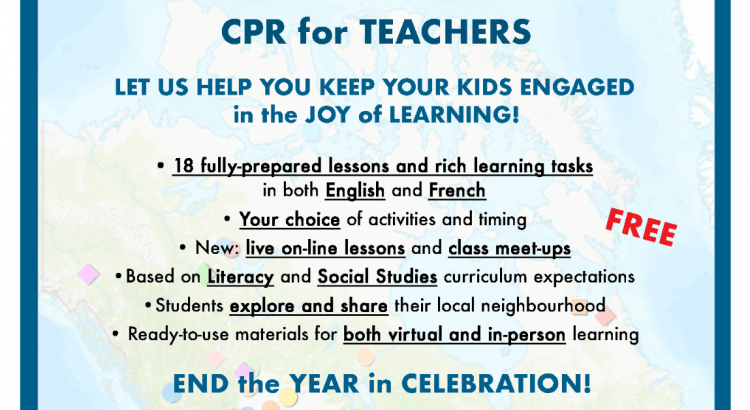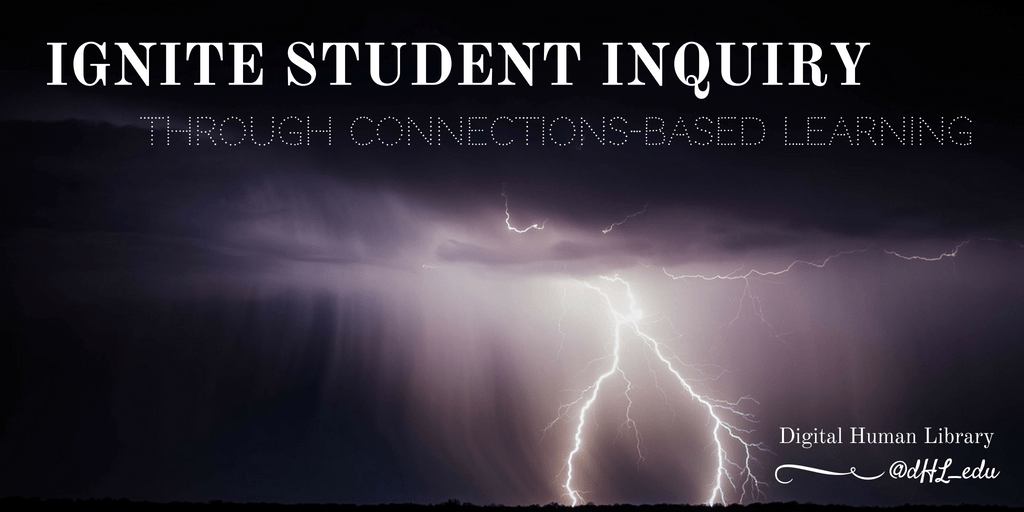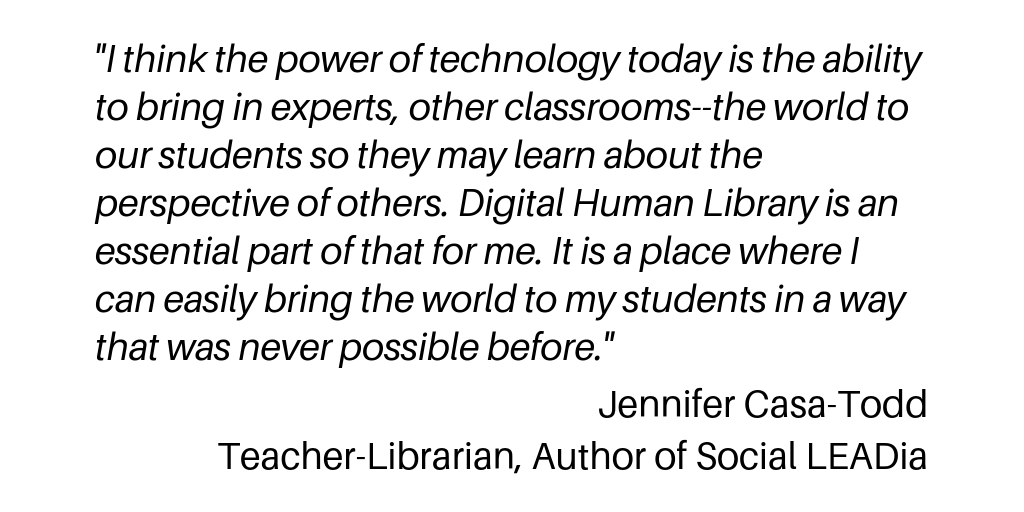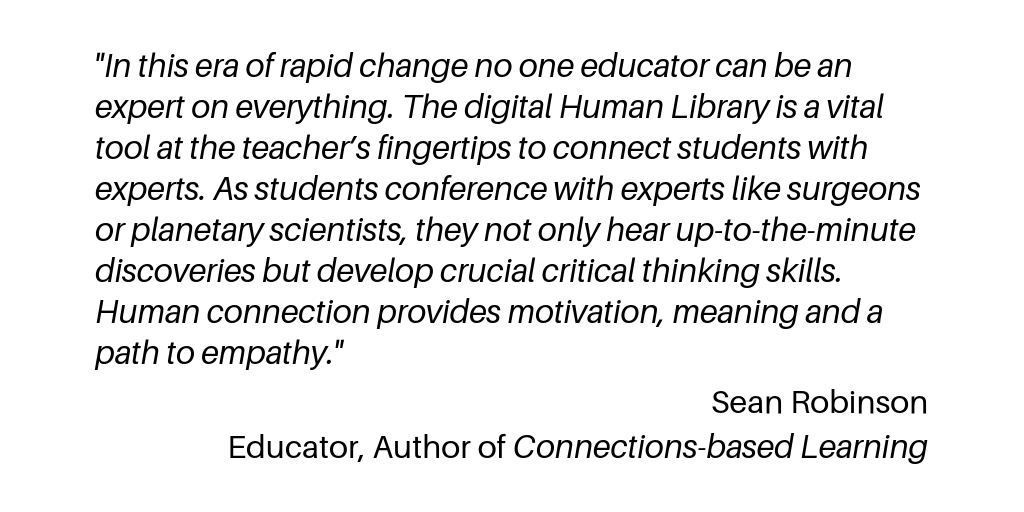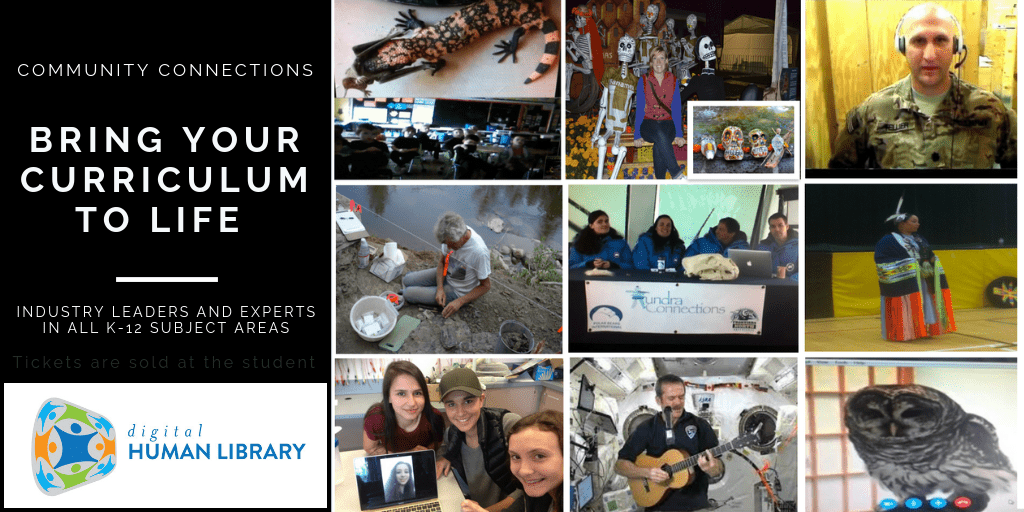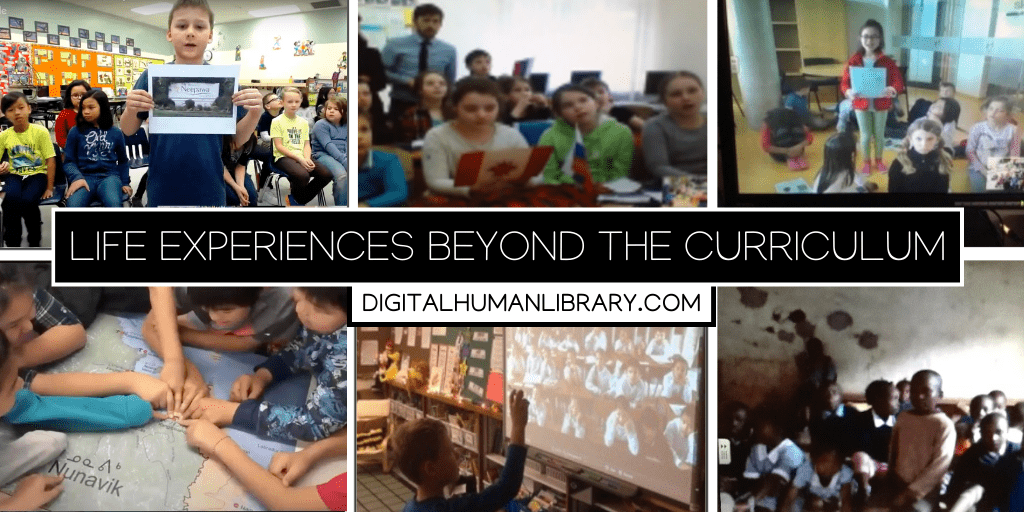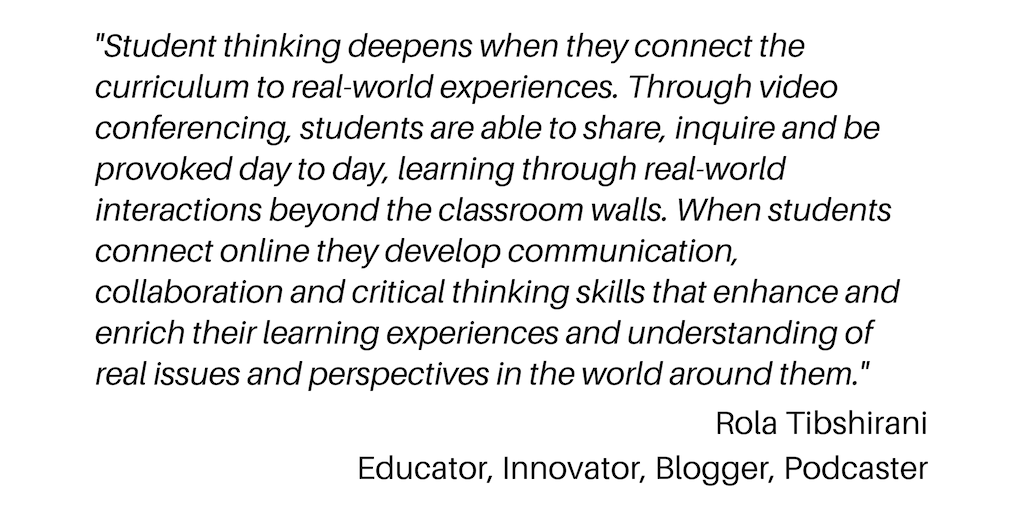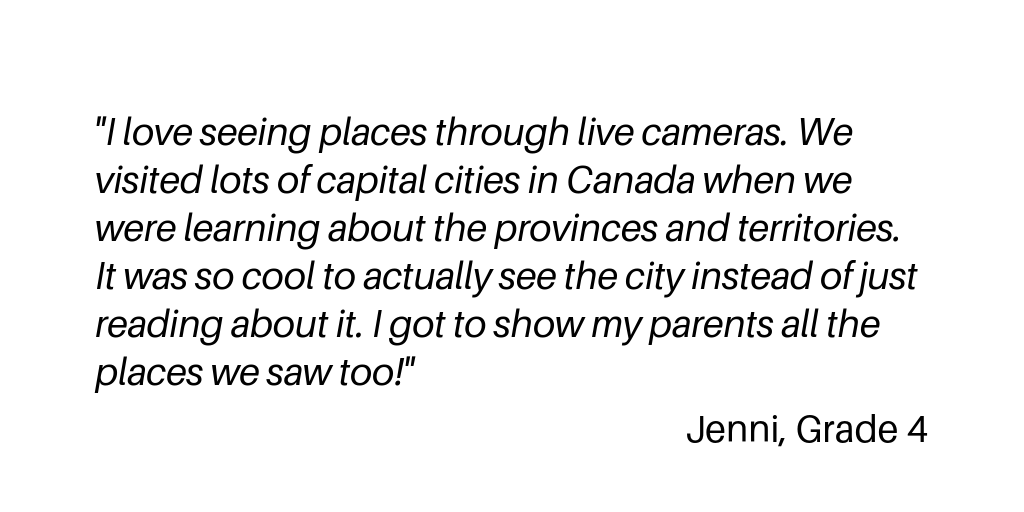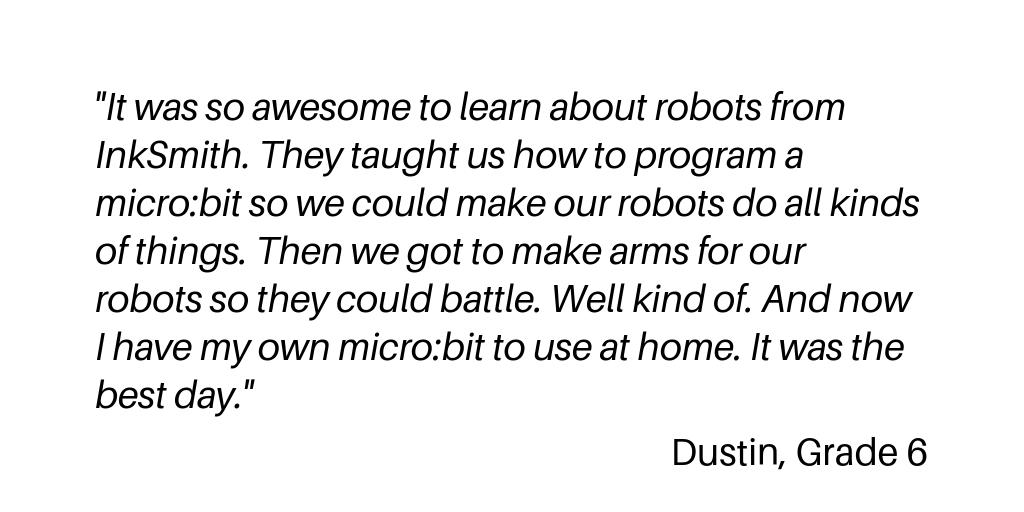CPR for Teachers
Student Activity and Teacher Support Program
SPRING 2021
Are you feeling exhausted and overwhelmed?
Let us help you!
FREE K-8 PROJECT
Your choice of 18 ready-to-use student activities
Optional online lessons, class matching, and class meet-ups
On-going teacher support
<<<< REGISTER HERE >>>>
* Implement local LITERACY and SOCIAL STUDIES curriculum expectations through a choice of cross-curricular activities which have been prepared for you and your students.
* All activities have been adapted for FACE-TO FACE learning and ONLINE learning, regardless of changes due to a covid outbreak. No last-minute rearranging!
* We will walk you through 18 optional activities where your students investigate their local neighbourhood community, and we will show you how to publish their work on the interactive Kids’ Guide to Canada map.
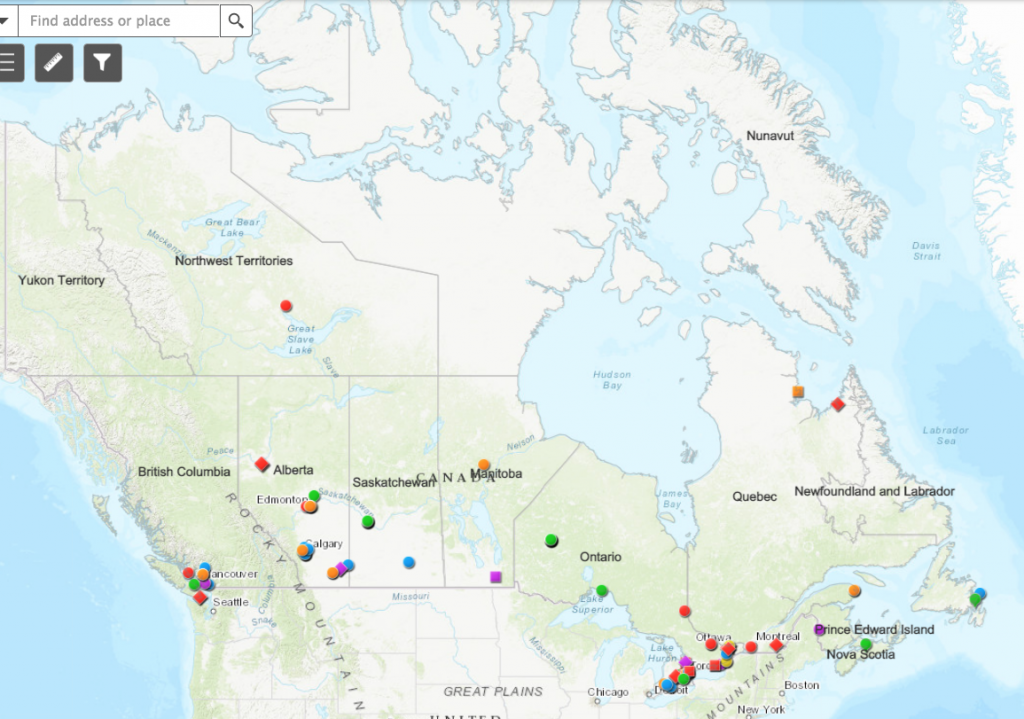
bitlyakgtc map
* Engage your students in rich learning tasks which have an AUTHENTIC PURPOSE and an AUTHENTIC AUDIENCE.
* At the bare minimum, have your students create a SINGLE PIECE OF ARTWORK or PHOTOGRAPH, and post them with a brief class description about the community. Knowledge-creation from a student perspective is paramount!
* Choose from a menu of READY-MADE ACTIVITIES created by classroom teachers for students at 4 levels: Grade K, 1-3, 4-6, and 7-8.
* Benefit from step-by-step GUIDANCE from experienced teachers
* Enjoy CONNECTING and COLLABORATING with others across Canada!
PROGRAM DETAILS
A. SESSION DATES and TIMES
This guided participation program involves 4 virtual sessions for teachers; class activities can be completed any time before the end of June.
Four Virtual Teacher Sessions
Wed. Apr. 28 Wed. May 05 Wed. May12 Wed. May 19
Wednesdays 6:30-7:30 pm Eastern Daylight Time
(Intro session on April 28th will extend to 8:00 pm)
B. SESSION CONTENT
Each week’s session will have 3 components: small group teacher chat; an intro to the student activities of the week, and a topic of mini-PD.
April 28th – Week 1
- Teacher Chat: Meet & Greet
- PD: Introduction to Kids’ Guide project and Teacher Preparations
- General Overview and Week 1 Activities: Introducing the Challenge
- Teacher Chat: Creating teacher +/or class partnerships (optional)
- Prize Draw
May 5 – Week 2
- Teacher Chat
- Week 2 Activities: Exploring the Neighbourhood
- PD: Leading an effective a Class Meet-up
- Prize Draw
May 12 – Week 3
- Teacher Chat
- Week 3 Activities: Students as Writers
- PD: What You Don’t Know about Student Safety Online
- Prize Draw
May 19 – Week 4
- Teacher Chat: Sharing and moving forward…
- Week 4 Activities: Publishing Artifacts & Learning through Play
- PD: Fabulous Free Resources from the Digital Human Library and the Kids’ Guide
- Prize Draw
C. STUDENT SAFETY & SECURITY
* Everything in this project is voluntary EXCEPT STUDENT SAFETY ONLINE.
- NO STUDENT ACCESS IS PROVIDED and NO STUDENT DATA IS COLLECTED.
- STUDENTS ARE NOT VISIBLE or IDENTIFIED ONLINE (unless with parental consent you chose to do so.)
- All posting online is conducted by YOU the CLASSROOM TEACHER.
D. TEACHING IN-CLASS OR ONLINE?
All CPR activities can be completed by students in classes meeting face-to-face or online.
We understand the enormous challenges of trying to help students learn during the dangers and ever-changing landscape of covid19. We have created all of our activities so they are ready to go in any teaching environment.
Student work is submitted to you in person, by email, or uploaded to a class communication system. As long as your students can do one of these from wherever they are, their work can be received and included for this project. Accommodations for remote and unstable internet connections are available.
E. YOUR ROLE
We will provide you with an optional letter to parents about their role in this project, since all artifacts are to be original student creations!
All activities will be posted online each week for downloading.
Whenever you are ready, you and your students can choose what you wish to post to the Kids’ Guide to Canada map.
We will help you upload these works using a simple fill-in form.
Prize draw: Teachers who are able to put their community on the map by the end of June will be entered in a major prize draw on June 25th. Some very cool prizes are yours to be won!
F. FRENCH LANGUAGE PARTICIPATION
All activities from K to 8 are now available for French classes, and we are excited to see more French classes participate in the Kids’ Guide project.
Our 4 teacher sessions will take place in English, however French break-out room(s) will be provided where French language teachers can meet and talk with other French teachers from across Canada.
If there is enough demand and we can find an available French language facilitator, we will try to offer a French language class meet-up for French students.
G. CURRICULUM CONNECTIONS
Some of the activities include a lesson which teaches a specific skill, while most others provide students with an opportunity to explore and collect 1st-hand information about their local neighbourhood.
The activities in the Kids’ Guide project were created by elementary classroom teachers with Literacy and Social Studies curriculum expectations in mind. As a participant, you will choose activities you feel will best help your students achieve the learning goals you have identified during this stressful time of covid19.
GRADES K-3: ONE MAIN FOCUS AREA
- LITERACY: Expository and Descriptive writing: view and respond to community features, label artwork; Narrative Writing (community events, story-writing); Oral Speaking Skills (describe artwork, photographs, or images).
- SOCIAL STUDIES CONNECTIONS: Heritage & Identity (Family & Community Traditions); People & the Environment (Our Local Community, Communities in Canada, (Province + Territories of Canada); Spatial Skills (Map Reading)
GRADES 4-6: TWO FOCUS AREAS
- LITERACY: Expository and Descriptive writing: view and respond to community features, label artwork; Narrative Writing (Story Writing, community events, family stories); Oral Speaking Skills (describe artwork, photographs, or images).
- SOCIAL STUDIES: Heritage & Identity (communities in Canada, past and present; People & the Environment (Province + Territories, and Physical regions of Canada), Spatial Skills (reading & creating a map, compass directions, relative location)
GRADES 7-8 TWO FOCUS AREAS with additional curriculum connections
- LITERACY – Expository and Descriptive writing: view and respond to community features; Narrative Writing (Creating strong questions, community events, family stories); Oral Speaking Skills (Interview a community member; describe artwork, photographs, or images).
- GEOGRAPHY – Place & Location, (Political, Physical, & Cultural Regions of Canada), Spatial Skills (Creating a Map, Compass directions, Relative and Absolute Location)
- HISTORY opportunities: Change & Conflict (Communities of Canada, Indigenous communities in Canada)
- MATH opportunities: Measurement (Distance, Area & Perimeter)
ALL GRADES
- DIGITAL CITIZENSHIP & SAFETY (essential)
- Online Safety guidelines for students
- Parental consent requirements for posting online works
- Understanding Copyright and using Creative Commons works
- THE ARTS (optional)
- We are focussing all of our attention on helping students to achieve Literacy and Social Studies/Geography curriculum expectations. However most activities involve The Arts in some way.
- Visual Arts (both with or without technology): picture making with different medium, photograph, videography, etc. An emphasis on creative expression and individual perspective.
- Music: recording songs and music of the local community, or information about them
- Drama: enacting a cultural or historical event from the local community
- Dance: sharing different cultural dances from the local community
<<<< REGISTER HERE >>>>
This post is also available in: Français (French)
